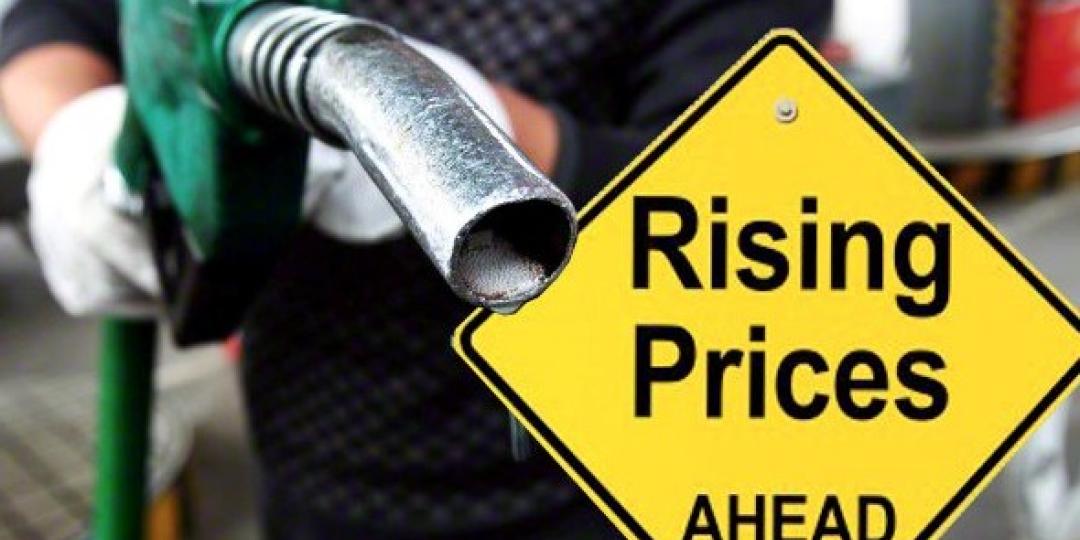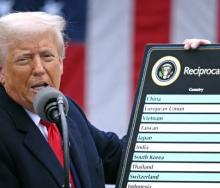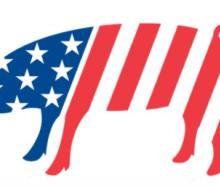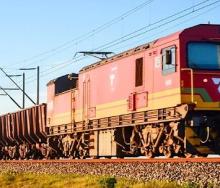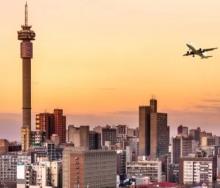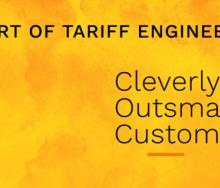South African consumers and businesses are bracing for economic strain following a fuel price increase that took effect on Wednesday.
The Department of Mineral and Petroleum Resources said this week that the latest price increases had been driven by a 13% surge in the price of Brent crude oil internationally.
The price hike, linked to geopolitical tensions, including the Israel-Iran conflict, raised petrol prices by 52 c/l for 93 unleaded and 55 c/l for 95 unleaded, with diesel increasing by 82 cents for 500ppm and 84 cents for 50ppm.
Illuminating paraffin rose by 67 c/l, while LPG prices dropped by 57 c/kg.
“The fuel price changes that took effect yesterday are an unwelcome setback for consumers who had been benefiting from a period of financial recovery due to lower fuel prices,” said Abigail Moyo, spokesperson for the trade union UASA.
The department said Brent crude oil prices had climbed from $63.95 to $69.36 in June, peaking at $75.40 after attacks on Iran’s nuclear facilities by Israel and the US, before settling around $66 following a ceasefire.
A stronger rand, averaging R17.90 to the dollar compared with R18.11, mitigated steeper increases, which could have reached 68 cents for petrol and R1 for diesel. However, a 16 c/l fuel levy increase for petrol and 15 c/l for diesel, effective June, has exacerbated costs, raising total fuel taxes to R6.37 for petrol.
According to the National Agricultural Marketing Council (NAMC) the agricultural sector faces significant challenges, with fuel accounting for 13% of variable input costs in primary production and logistics.
“The increase in the general fuel levy, raising petrol and diesel levies by 16 c/l and 15 c/l means that the fuel levy in the price structures of petrol and diesel will increase to 41,5 c/l and 40,2 c/l respectively,” said NAMC.
This adjustment, aimed at raising R20 billion for the 2025/26 fiscal year, is expected to increase input costs, transportation expenses, and food prices, impacting farm workers’ commuting costs and rural household budgets.
NAMC said higher fuel costs could curtail production, affecting food availability and pricing, particularly for low-income households.
“The market supply of commodities requiring fuel-intensive production is more likely to be affected as producers will curtail production or opt for less fuel-intensive practices,” the council said.
To mitigate the effects, NAMC proposed expanding the diesel fuel rebate scheme for smallholder farmers, investing in rural transport infrastructure, and promoting alternative energy sources like solar-powered irrigation.
“Investment in research and development to explore fuel-efficient production techniques is needed,” the council said.
The Automobile Association has also criticised the government’s reliance on fuel levies, calling for transparency on their allocation and a restructuring of basic fuel prices.
